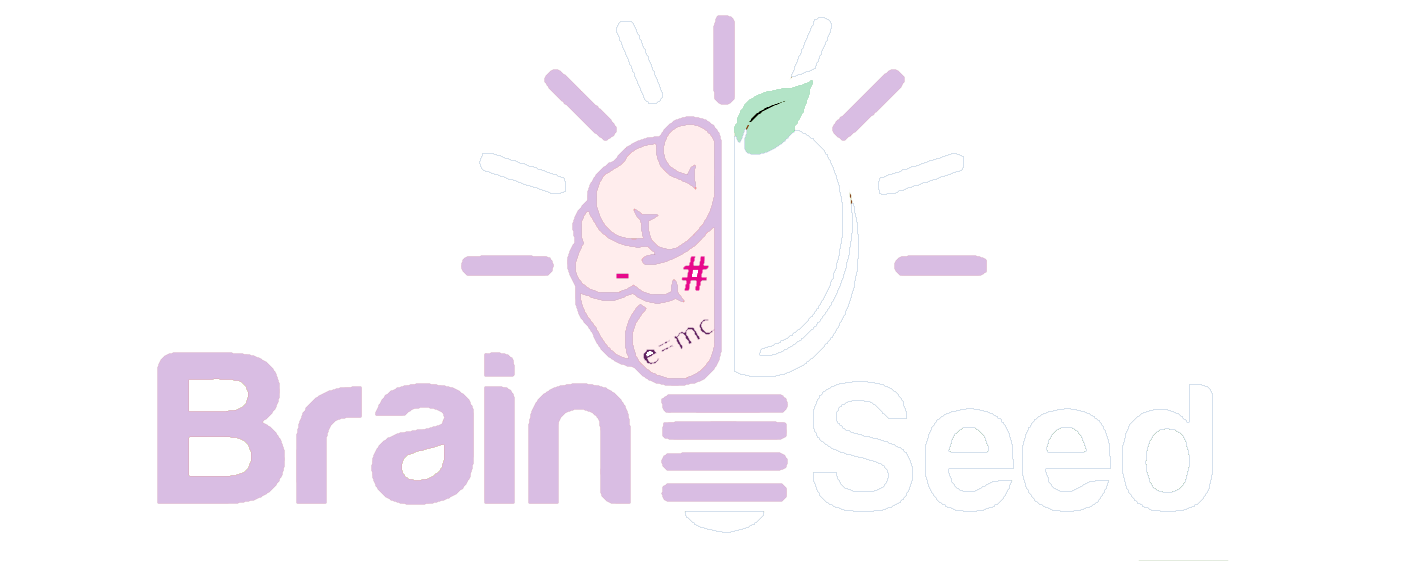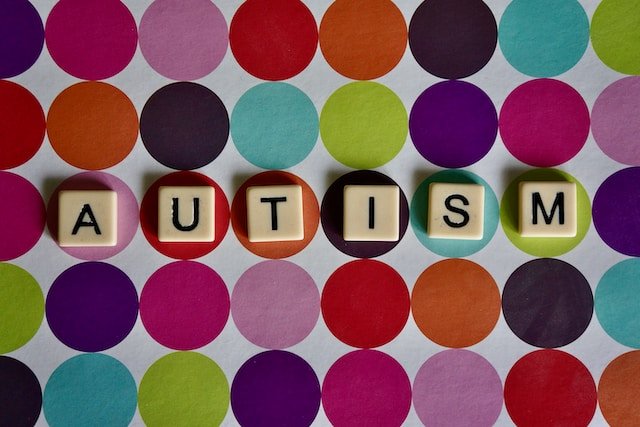What are the benefits of drama for students with disabilities?
Drama is a valuable tool for learning and self-expression, and it can be particularly beneficial for students with disabilities. Whether a student has a physical or mental disability, drama can help them develop a range of skills that are essential for success both in and beyond the classroom. In this article, we’ll explore some of the many advantages of drama for students with disabilities.
Improving Communication and Interactive Skills
Firstly, drama can assist students with disabilities in improving their communication skills. Through drama, students can learn to express their ideas in different ways, whether through body language, facial expressions, or spoken words. This can be especially helpful for students with speech or language barriers, as it provides them with an alternative means of communication. Drama can also help students with mental disabilities to improve their interactive skills, as it provides them with opportunities to interact with others in a safe and supportive environment.
Developing Mental and Physical Abilities
In addition to communication and interactive skills, drama can also help students with disabilities to develop their mental and physical abilities. Through drama, students can learn to think creatively, solve problems, and make decisions. They can also develop their memory skills as they learn and remember lines and stage directions. For students with attention deficit issues, drama can be particularly beneficial, as it provides them with a useful opportunity to focus on a task and engage in a meaningful way. Through movement and dance, students can also improve their coordination, balance, and flexibility, which can be especially helpful for students with physical disabilities.
Building Confidence and Self-Esteem
Finally, drama can help students with disabilities to build their confidence and self-esteem. By participating in drama activities, students can learn to feel more comfortable with themselves and their abilities. They can also develop a sense of accomplishment and fulfillment as they work on and perform in a play or drama.
Overall, drama can be a valuable tool for students with disabilities. Through drama, students can develop a range of skills that are essential for success both in and beyond the classroom. From communication and interactive skills to mental and physical abilities, drama can help students with disabilities unlock their full potential and achieve their goals.






